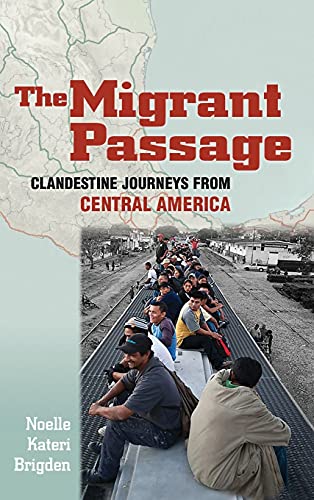

Most ebook files are in PDF format, so you can easily read them using various software such as Foxit Reader or directly on the Google Chrome browser.
Some ebook files are released by publishers in other formats such as .awz, .mobi, .epub, .fb2, etc. You may need to install specific software to read these formats on mobile/PC, such as Calibre.
Please read the tutorial at this link: https://ebookbell.com/faq
We offer FREE conversion to the popular formats you request; however, this may take some time. Therefore, right after payment, please email us, and we will try to provide the service as quickly as possible.
For some exceptional file formats or broken links (if any), please refrain from opening any disputes. Instead, email us first, and we will try to assist within a maximum of 6 hours.
EbookBell Team

4.4
42 reviewsAt the crossroads between international relations and anthropology,The Migrant Passage analyzes how people from El Salvador, Honduras, and Guatemala navigate the dangerous and uncertain clandestine journey across Mexico to the United States.
However much advance planning they do, they survive the journey through improvisation. Central American migrants improvise upon social roles and physical objects, leveraging them for new purposes along the way.
Over time, the accumulation of individual journeys has cut a path across the socioeconomic and political landscape of Mexico, generating a social and material infrastructure that guides future passages and complicates borders.
Tracing the survival strategies of migrants during the journey to the North, The Migrant Passage shows how their mobility reshapes the social landscape of Mexico, and the book explores the implications for the future of sovereignty and the nation-state.
To trace the continuous renewal of the transit corridor, Noelle Brigden draws upon over two years of in-depth, multi-sited ethnographic fieldwork along human smuggling routes from Central America across Mexico and into the United States.
In so doing, she shows the value of disciplinary and methodological border crossing between international relations and anthropology, to understand the relationships between human security, international borders, and clandestine transnationalism.